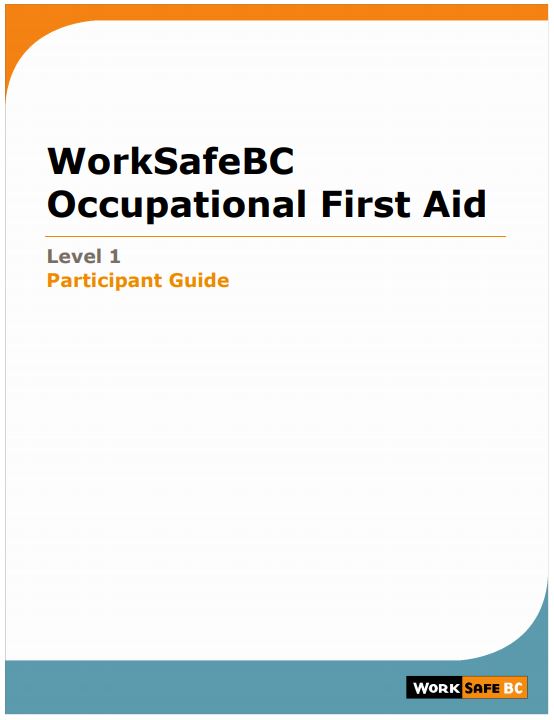3. Raise Money For Local Mental Health Organizations
Fundraising for local mental health organizations is a meaningful way to participate in Bell Let’s Talk Day. Encouraging your team to rally behind a cause not only contributes to a greater good but also strengthens the sense of community and purpose within your company. You can select an organization that resonates with your team’s values or has a personal connection to someone in your workplace.
There are numerous creative and engaging ways to fundraise: organize a cinnamon bun sale in the office, host a 5 km walk or run event, or arrange a group volunteer day with a local mental health organization. These activities are not just fundraising opportunities; they also offer a chance for team building and fostering a more cohesive and connected work environment.
Here’s a short directory of reputable Canadian mental health organizations that you could consider supporting:
Canadian Mental Health Association (CMHA): One of Canada’s most established mental health organizations, CMHA offers a range of services and supports to those experiencing mental health issues.
Centre for Addiction and Mental Health (CAMH): CAMH is Canada’s largest mental health teaching hospital and one of the world’s leading research centers in the area of addiction and mental health.
Kids Help Phone:Offering 24/7 counseling and information services for young people, Kids Help Phone is an invaluable resource for youth in Canada.
Mood Disorders Society of Canada: Focused on providing support, education, and advocacy for those affected by mood disorders.
The Strongest Families Institute: This organization delivers evidence-based services to children and families seeking help for mental health and other issues impacting health and well-being.
Anxiety Disorders Association of Canada: Dedicated to offering support and resources to those suffering from anxiety disorders.
MindYourMind: An organization focused on young adults, providing resources and tools to help manage mental health and wellness.
Homewood Health: A leader in mental health and addiction services, providing a broad spectrum of care for individuals and families across Canada.
Bellwood Health Services:Specializing in addiction treatment and mental health recovery, offering a variety of programs and services.
Wellness Together Canada:A mental health and substance use support portal offering free online resources, tools, apps, and connections to trained volunteers and qualified mental health professionals.
By choosing to support these organizations, your company not only contributes to the betterment of mental health services and awareness in Canada but also reinforces the importance of mental wellbeing in your workplace culture. This Bell Let’s Talk Day, make a difference in the lives of many by aligning your company’s efforts with these noble causes.
4. Encourage Participation In Bell Lets Talk
There are many ways you and your employees can participate in Bell Let’s Talk Day! Engaging is easier than ever before. Encourage your team to use their smartphones and interact with the Bell Let’s Talk hashtags, filters, or frames on popular social media platforms like Twitter, Instagram, Snapchat, TikTok, and Facebook.
In addition to digital engagement, consider hanging informative and supportive posters around your office. These can spark conversations and show your commitment to mental health awareness. These visual prompts can be powerful reminders and conversation starters, reinforcing the importance of mental health in the workplace.
Your employees are likely to use at least one of these social media apps during the day, so why not make it count for a good cause? For each interaction with Bell Let’s Talk content, Bell donates 5 cents to mental health initiatives. Rally your team to participate, whether it’s through digital engagement or thoughtful discussions sparked by the posters. Every action counts towards making a significant difference.
5. Bring Regular Mental Health Conversation Into The Office Year-Round
Do not let Bell Let’s Talk Day be the only time your office ever hears the conversation about mental health and vulnerability. Use the momentum created by this day to continue the conversation.
Try blocking off a small amount of time each month to continue this conversation with your employees. This will be beneficial to create an overall more open environment and help you understand your employee’s mental health.
6. Work On Expanding Your Employee’s Perspectives
Educate yourself and your employees on the myths around mental health. Take time to share new information revolving around this subject.
Are there any new good educational podcasts you can recommend for your employees? The Happiness Lab with Dr. Laurie Santos is a strong option!
Commit to recognizing signs of stress in the workplace. Be present when checking in with your employees.
Make speaking about mental health a regular occurrence. Encourage your employees to share their thoughts and feelings, and be sure to empathize with them. Always continue learning and educating yourself and your employees.
Any of the actions spoken about in this blog can be held on any day, it does not have to be #BellLetsTalk day. Be the difference and make mental health a regular topic in your workplace. Collectively, we will be able to remove the stigma that follows mental health around.
Additional Resources For Teams:
Canadian Mental Health Hot-Lines:
Free and confidential mental health and substance use support is available 24/7.
Youth phone number: 686868
Adult phone number: 741741
Suicide Crisis Help Line: GET HELP 988.ca CALL or TEXT 988



